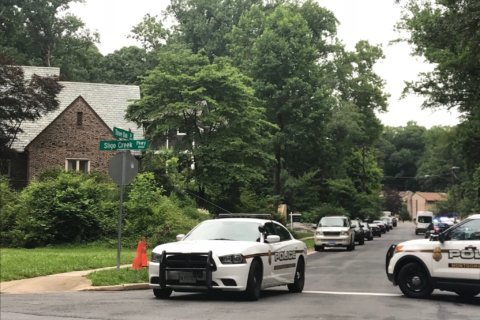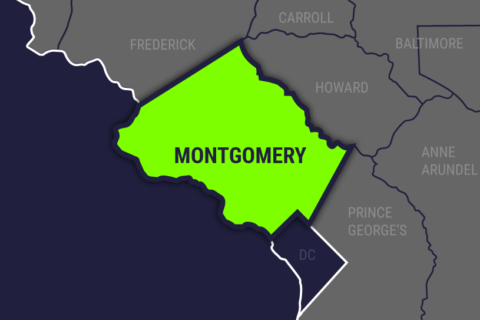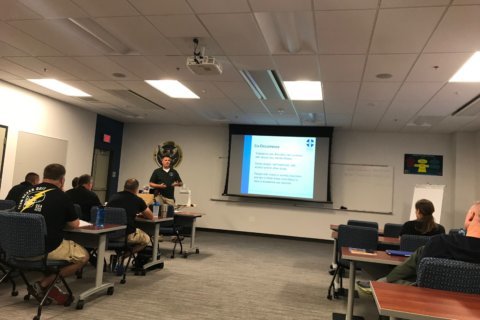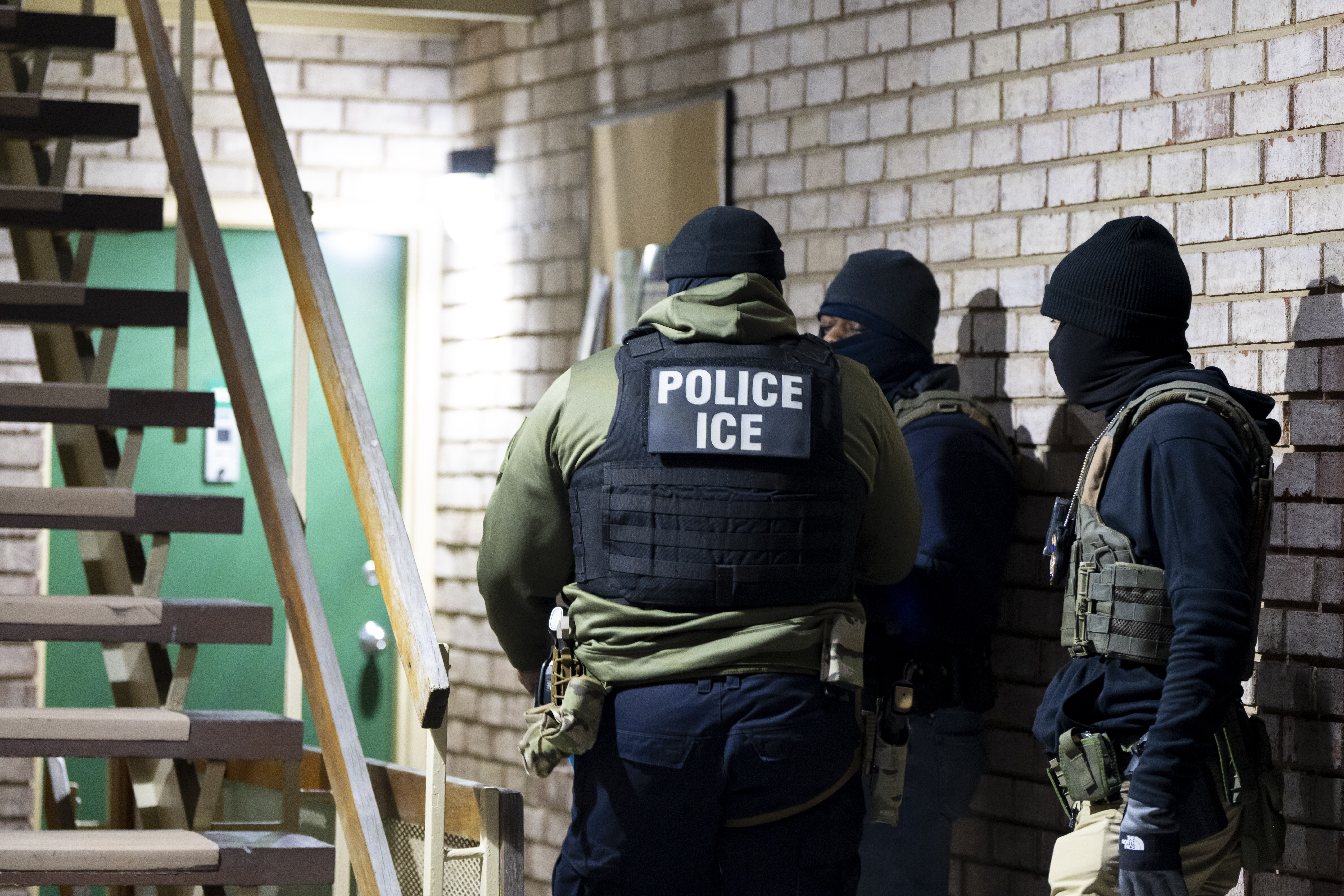SILVER SPRING, Md. — Following an officer-involved shooting earlier this month that took the life of an African-American man who was walking near his home in Silver Spring, activists and community members sat down and voiced their concerns to Montgomery Country police leaders.
The meeting at a Silver Spring police station Wednesday came after 600 individuals signed a letter to the police chief and elected county leaders, writing that they were “deeply concerned” about the June 11 death of 41-year-old Robert White and stating that it was “not an isolated incident.”
Police have said that White attacked an officer who had tried to stop him and speak with him on Three Oaks Drive.
The officer involved, Anand Badgujar, has so far declined to speak to investigators.
“There are certain questions that haven’t been answered and, until we’re able to talk to the officer, we’re not going to be able to get answers to those questions,” said police chief Tom Manger.
“The body camera footage — I’ve said from day one it’s going to be released,” Manger said. “But the Howard County state’s attorney, who’s overseeing the criminal investigation, has asked us not to release it until their case is done, and there’s good solid legal reasoning for that.” (Howard and Montgomery Counties have agreed to investigate each other’s police shootings.)
Laurel Hoa, of the group, Showing Up for Racial Justice, said the group is trying to ensure there is accountability and justice in the case.
“We are still calling for the immediate release of the full, unedited body camera footage” from the officer involved, as well as from the first responding office, she said. “I think it is very important for public trust for the police footage to be released so that the public can see exactly what happened, as opposed to just reading a police narrative of what happened.”
Hoa said that, as requested, police had provided her with adequate details about their policies and training, but added, “I think that there is a disconnect between some of the training that happens and what officers sometimes do.”
The letter signed by the 600 individuals used White’s case to broadly bring up concerns about training, the use of force, the handling of body camera footage and interactions with African-Americans, as well as interactions with mentally ill or developmentally disabled individuals. Community members have said White appeared disturbed at times and may have suffered from some kind of mental illness.
“It thought it was a good conversation, a very emotional conversation for some of the folks in there,” Manger said. “But again, the issues about community trust, about police accountability, about the relationship between the police and the community, were really the big topics we were discussing.”








